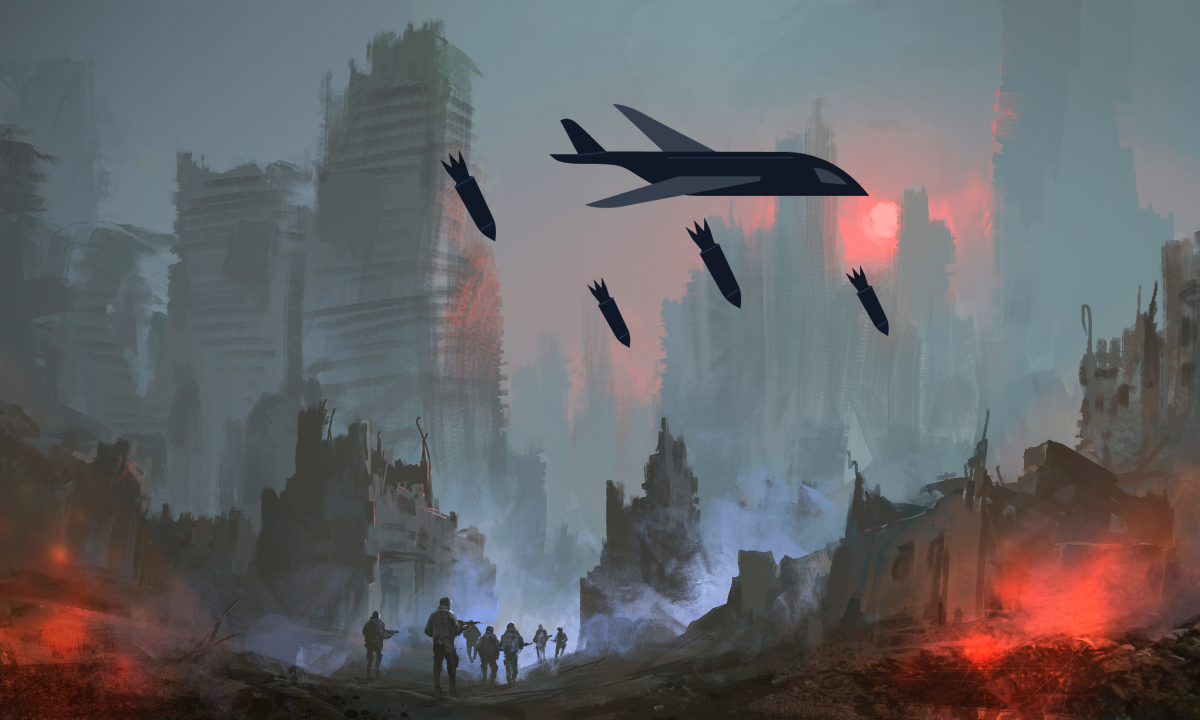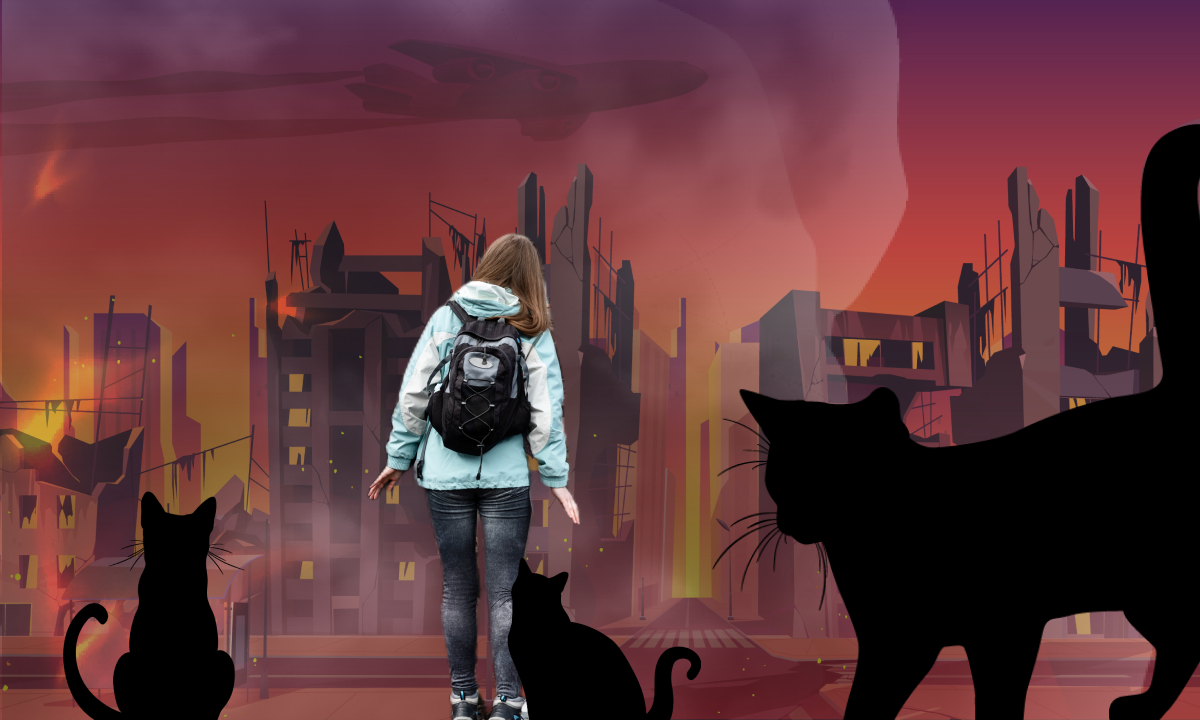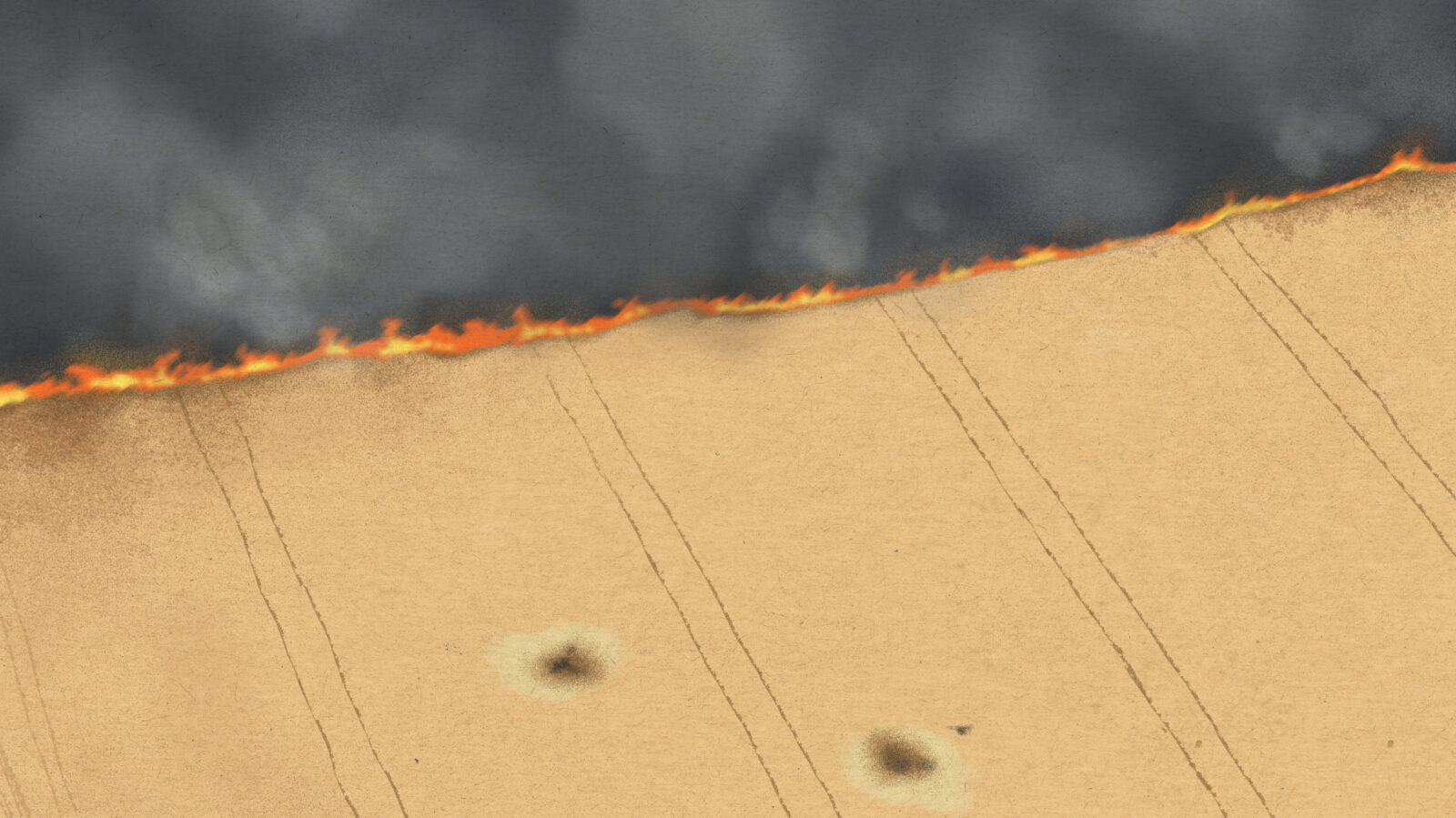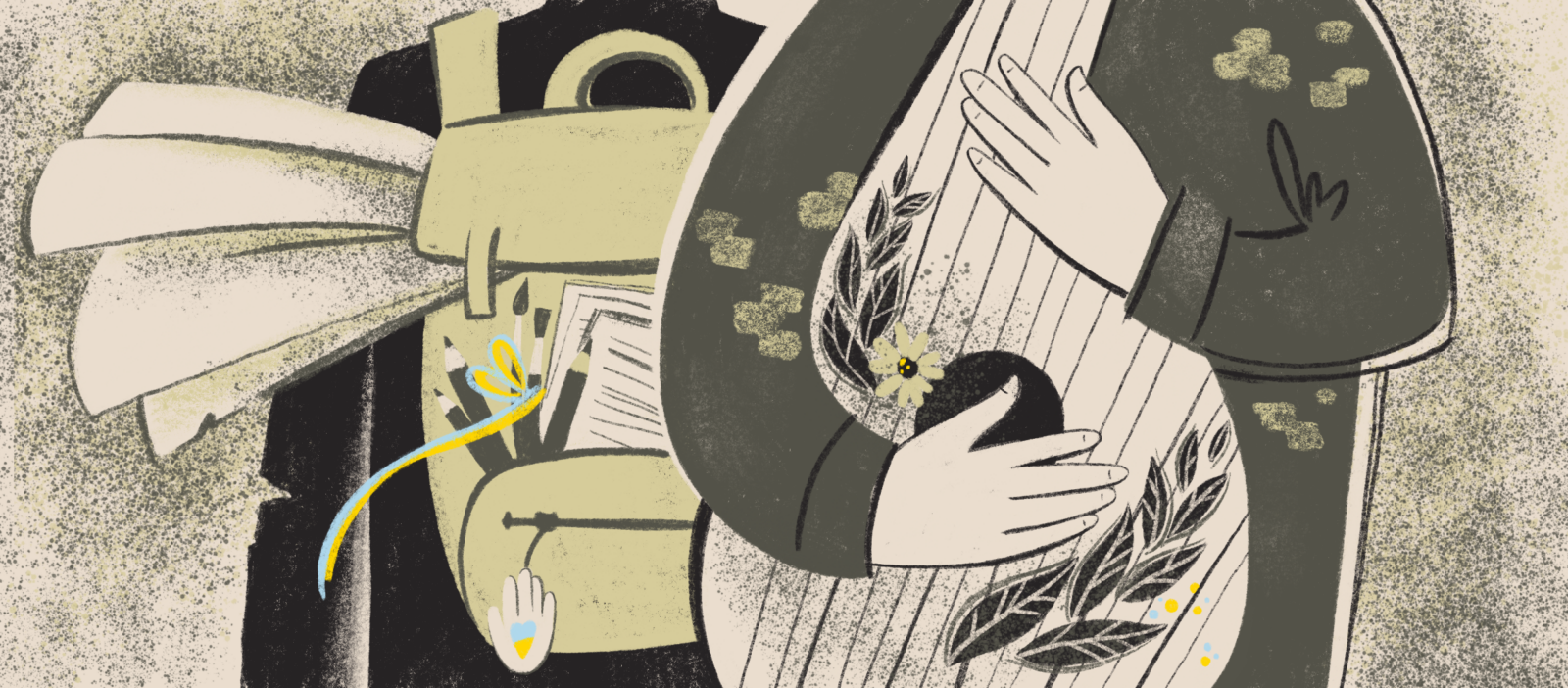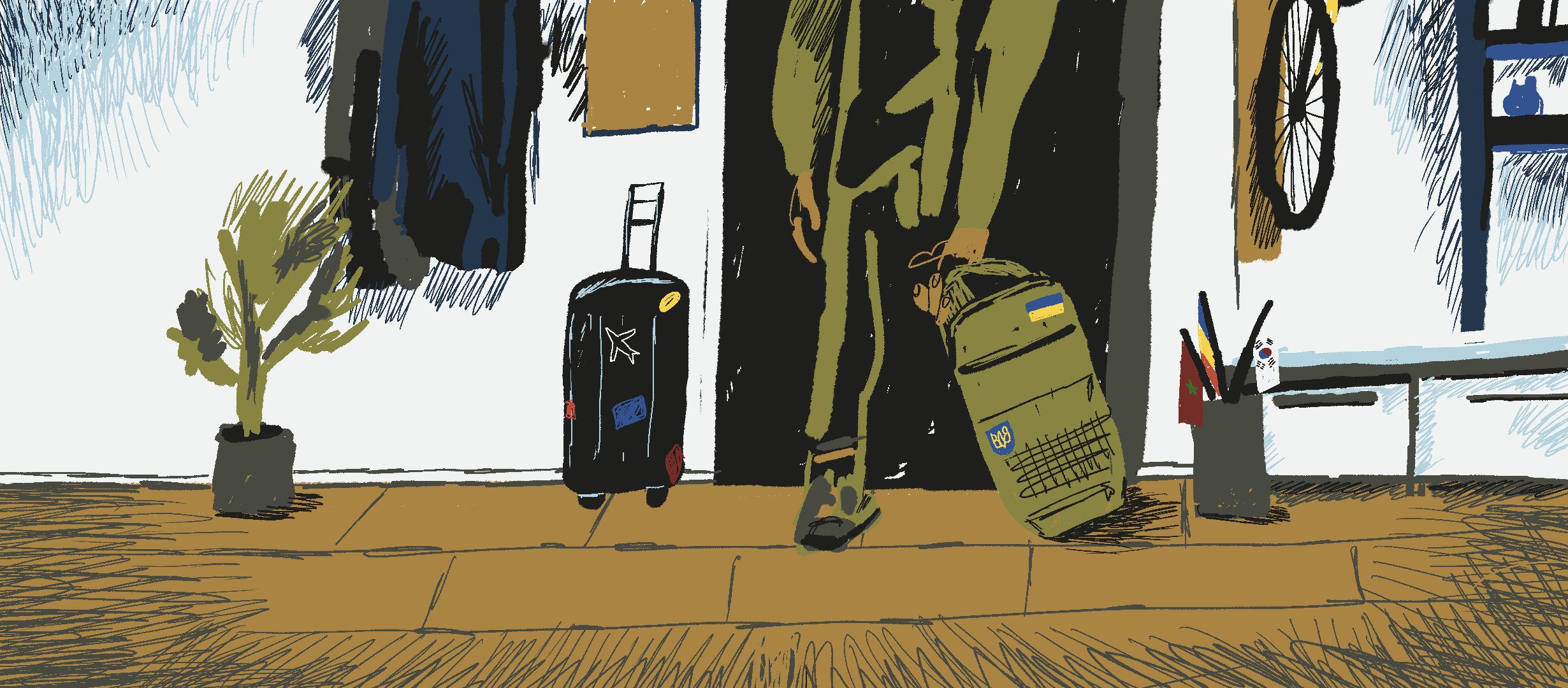Iryna Zemlyana is 34. She is a media expert and a security coach for journalists. It’s difficult for her to describe her feelings after the theoretical knowledge she used to share at her security training sessions suddenly turned practical.
She comes from the Poltava Region but lives in Kyiv, and February 24 caught her there. Her emergency bag had been packed a month ago, in accordance with the list of items she developed herself for the security training. Irina packed another bag with personal stuff and a small stack of notes her mother used to accompany Christmas presents with on February 23. She hasn’t even opened that stack of mother’s notes yet.
Irina tells us that the whole week before the war outbreak, she hardly slept because of alarming news and bad anticipations. But, by her own admission, on February 23 she woke up well-rested. She even cooked pancakes for breakfast for the first time in her life. Then she went to the office and had lunch in a city cafe. “I knew it was my last time.” Irina spent the entire night before February 24 without sleep. She had been informed that Kyiv was to be attacked at four in the morning. As she heard the first explosions, she realized the war had started. In spite of that, she stayed in bed for another few minutes and only then woke up her friend. She says those were 7 more minutes of peace to keep.
Irina stayed in Kyiv for half an hour only, then she and her friend headed for the national borders. Staying in Ukraine would put Irina’s life in danger since her name was in the list of those to be eliminated if captured. It took them 40 hours to get to Lviv and two days to cross the Polish border. All this time she hardly slept.
“I called myself a refugee for the first time. And burst out crying,” Irina says.
Being a vegetarian, she ate chicken broth for the first time in 8 years. She was deeply impressed with the people who fed those in the queue.
Now she stays in Warsaw. “It’s my third day here. I count the days by the protest rallies I take part in.” Irina lives in one of the Reporters without Borders’ offices which now shelters refugees from Ukraine. Her current job is collecting first-aid kits, bulletproof vests and other equipment to protect journalists working in Ukraine. To equip them properly is not an easy task because it’s problematic to buy body armor and other protective equipment for civilians. That’s why media workers often have to do their job with no protection at all. Before the war broke out, Irina’s organization had 5 vests. Now, thanks to Irina, there are 6 of them and 7 more are on their way. Just for comparison: during the Maidan protests and at the beginning of 2014, they had more than 40 bulletproof vests.
Now Irina tries to be busy all the time. That’s her way to help others as well as herself. Anti-war protests, logistics, delivering body armor and other equipment to Ukraine. Establishing contacts around the world with people willing to help Ukrainians and with governments, because it’s not easy to buy bulletproof vests and deliver them abroad. “I’m afraid to take a pause,” she confesses. Another fear is to start receiving messages about the deaths of colleagues, friends and other people she knows.
“I start every morning with a Facebook post saying that Kyiv is standing its ground. Today I didn’t have time for it, so I received messages asking if everything was fine. People worry about Kyiv. I was surprised to know these posts were important to others,” Irina says. Though it doesn’t seem like the right time for dreaming, Irina dreams of returning back home. And for her potted plants left in Kyiv to stay green and alive by that moment.





